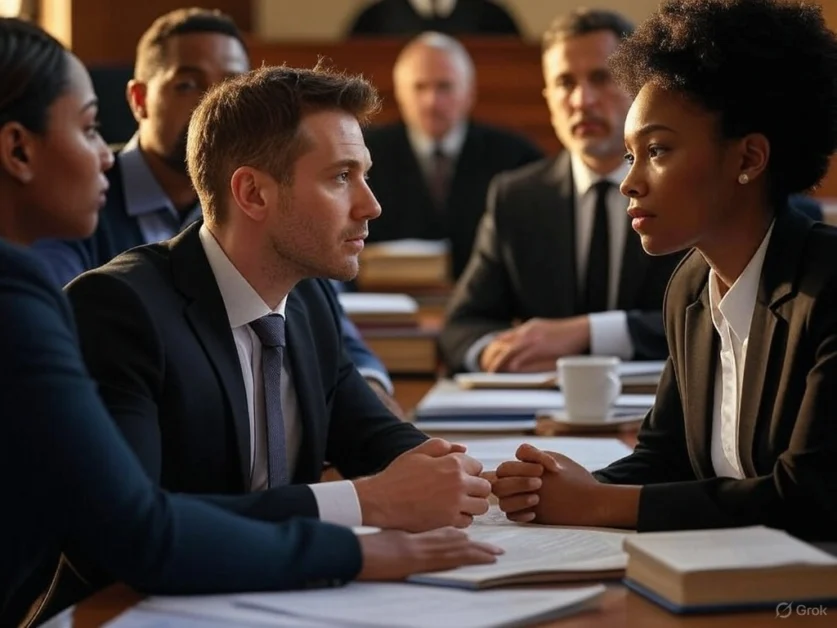Pleading Not Guilty Traffic Ticket: Understanding Your Constitutional Rights and Legal Options
Drivers facing traffic citations frequently ask, “What happens when I plead not guilty to a traffic ticket, and what rights do I have during this process?” Unlike simply paying a fine and accepting guilt, pleading not guilty initiates a formal legal proceeding that invokes your constitutional rights to due process and a fair hearing before […]
Read More

